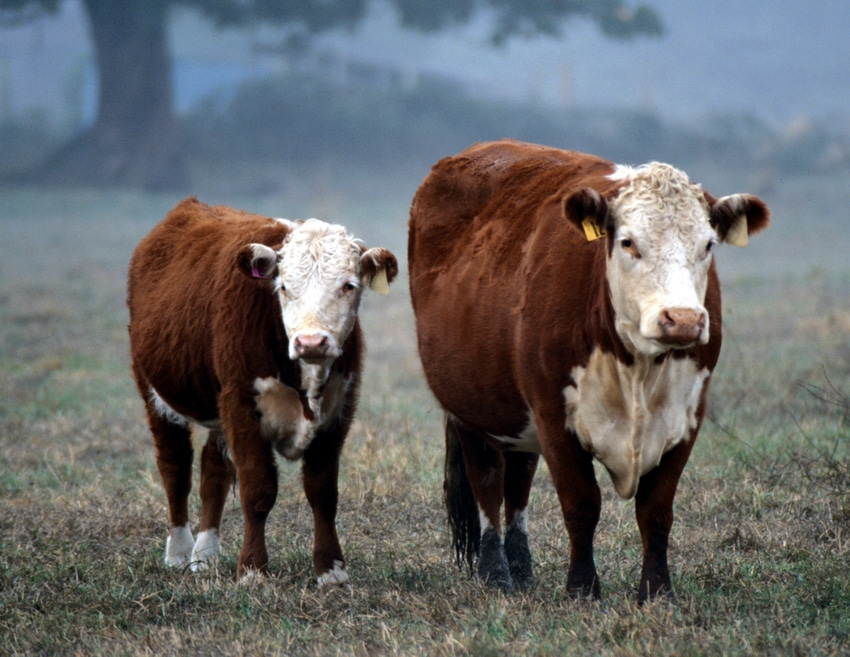Recombinetics, partners to develop genome editing solutions for bovine TB
Research aims to reduce public health risk and financial costs associated with bovine TB.
October 9, 2018

Recombinetics announced the launch of TARGET-TB, a tripartite collaborative research project with University College Dublin in the Republic of Ireland and Queen��’s University Belfast in Northern Ireland to combat Mycobacterium bovis infection, the pathogen that causes bovine tuberculosis (TB).
Bovine TB is a global threat to animal and human health and creates a major challenge to sustainable beef and dairy farming. The U.K. and Ireland have been dealing with a large-scale bovine TB outbreak for several years, and researchers are studying multiple ways of controlling the disease.
Annually, M. bovis creates an estimated $3 billion in global losses to agriculture, Recombinetics said. It disrupts trade, reduces animal productivity, causes the need for the mass slaughter of animals to control the spread of the pathogen, decimates the operations of smallholder farmers and poses a significant zoonotic threat to public health, particularly for farmers and communities in the developing world. The primary financial burden of bovine TB in developed countries is the control of infection, as the disease is still detected sporadically despite eradication programs.
According to Recominetics, the U.S. has spent more than $5 billion in accumulated control costs since its TB eradication effort began 100 years ago, the Republic of Ireland spends €63 million annually and U.K. authorities allocate £152 million annually, £23 million of which are spent in Northern Ireland.
Recombinetics said the goals of TARGET-TB are to offer precision breeding solutions to improve existing bovine TB controls without the need for additional antibiotics or ineffective vaccines, to reduce the zoonotic threat to public health associated with bovine TB and to reduce the financial burden of bovine TB prevention and intervention.
TARGET-TB leverages complementary scientific skills, resources and infrastructure available at each participating location, combining the state-of-the-art sciences of stem cell biology, genome editing and high-throughput sequencing of expressed genes to quickly identify critical host genes that affect the ability of cattle to respond to infection, the announcement said.
The TARGET-TB is led by a team of international experts: Drs. Tad S. Sonstegard and Daniel F. Carlson from Recombinetics will lead the design and implementation of the genome editing protocol; professors David E. MacHugh and Stephen V. Gordon from the University College Dublin College of Health & Agricultural Sciences will lead the systematic identification and analysis of candidate target genes via in vitro challenge experiments in gene-edited cells, and Drs. David A. Simpson and Andriana Margariti at the Queen’s University Belfast Center for Experimental Medicine will lead the stem cell production effort.
“The TARGET-TB collaboration will use state-of-the-art bioscience to generate new knowledge for genome editing of cattle resilient to bovine tuberculosis,” MacHugh said.
Simpson added, “This is a fantastic opportunity to apply our knowledge of stem cells gained from experimental medicine to help develop an approach to reduce the burden of bovine TB.”
TARGET-TB is funded, in part, by 36-month parallel grants from the U.S. Department of Agriculture’s National Institute of Food & Agriculture, Ireland's Department of Agriculture, Food & the Marine and Northern Ireland’s Department of Agriculture, Environment & Rural Affairs and is part of the U.S.-Ireland Research & Development Partnership Program that solicited collaborative research applications in the "Animal Health & Disease" program area.
You May Also Like



